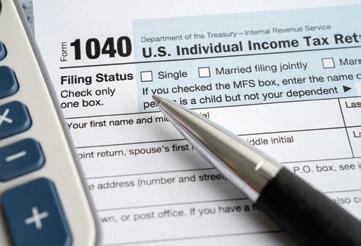
1 minute read
Finance 101
FINANCE



appreciate what they are getting. The ability to delay gratification can also predict how successful one will be as a grown-up. Kids can learn that if they really want something, they should wait and save to buy it.
Financial education should begin at an early age in school because habits acquired in childhood are continued into adulthood. One of the most significant factors for the success over time is a wise use of money.
Students improve their financial awareness through public education and obtain life skills set by their upbringing. At first, the finance conversation focused on adults, but recently, these conservations were extended to include young people. Here are considerations when teaching youth skills to manage financial resources effectively.
When kids want to buy something, even if families can afford it financially, we must teach kids to appreciate a purchase. If adults give in to them every time they ask for something; they will not achieve financial responsibility and Also ask questions such as: Does the child really need this? Does price pay off? What will they do with it? What would they have to give up in return? The intention is to make the child make an informed economic decision before making the purchase. The sooner parents start taking advantage of everyday teachable money moments (for example, give a sixyear-old $2 and let them choose which fruit to buy), the better off the younger generation will be. Parents are the number one influence on children’s financial behaviors, so it’s up the adults to raise a generation of mindful consumers, investors, savers, and givers.
Families can discuss how much they can contribute to a child’s college education each year. By tackling the subject early and being honest about what your family can afford will help kids be realistic about where they may apply.







